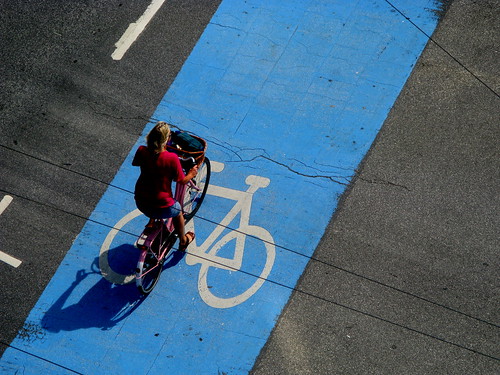Cycling is one of the most efficient and environmentally friendly ways to travel from A to B. Yet it
remains dangerous to velo in Manchester. There are numerous good examples of cycling friendly cities
Manchester should learn from.
Voila some interesting facts about Copenhagen:
Nearly 40 percent of Copenhagen’s population cycle to work or school.
When it snows, the bike paths get cleared before car lanes.
During the last three years the municipality invested more than 250 million crowns ($49.42 million) in
bicycle lanes and installed 200 miles of bicycle lanes to boost safety for cyclists and pedestrians
Find out why it is good to cycle here


All over Europe, cities are faced with the challenge of using cultural resources to re-position their
city in an increasingly culturally and economically diversified European space. Related to this is a
clear recognition of the growing importance of cultural resources for economic and community
development. This produces new opportunities and challenges for local cultural planning and management.
In order to fully exploit the innovative and supportive role of culture in European urban development,
it will be necessary to develop a new socially and culturally sensitive professionalism, able to cross
the boundaries between the arts, design, urban and spatial planning, public policy and the market,
artistic creativity and cultural management.
The MA in European Urban Cultures offers a specialist programme aimed at graduate students from Europe
and elsewhere with undergraduate degrees in subject areas such as the social sciences; cultural and
leisure studies; art, design and architecture; urban theory and planning; cultural marketing and
management. The course is also targeted at professionals and administrators eager for the latest
experiences, ideas and insights in urban cultural policy.

